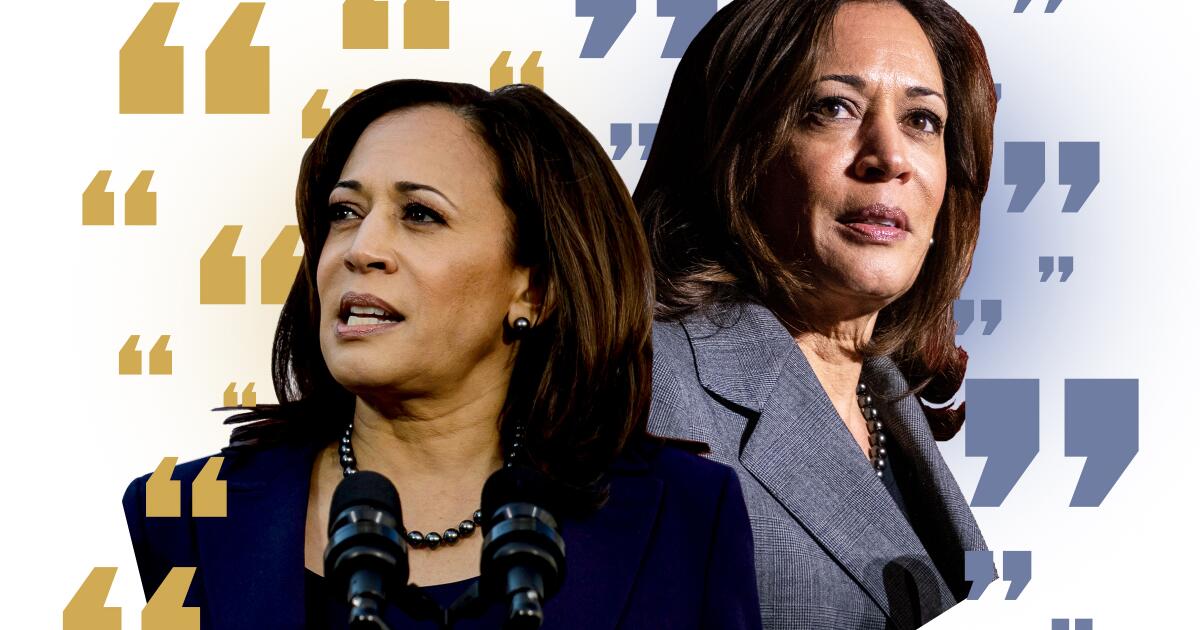JOHANNESBURG (Reuters) -The African National Congress is leaning towards trying to form a government of national unity for South Africa, it said on Wednesday, but the second-largest party said it would not join a government that included some of its smaller rivals.
The ANC, which has run the country since Nelson Mandela led it to victory in the 1994 elections that marked the end of apartheid, lost its parliamentary majority in last week’s election for the first time in the democratic era.
Punished by voters over persistent poverty and joblessness, rampant crime, rolling power blackouts and corruption, the ANC is still the largest party but can no longer govern alone after the May 29 vote.
It has been talking to five parties, ranging from the free-marketeer Democratic Alliance (DA) to the Marxist Economic Freedom Fighters (EFF), its spokesperson Mahlengi Bhengu-Motsiri told a press conference in Johannesburg.
“At this point in time the conversation is looking at the government of national unity because this is what the people of South Africa said to us,” she said, adding that the party’s National Executive Committee would discuss options on Thursday.
The ANC will have 159 seats out of 400 in the new National Assembly, while the DA will have 87. The populist uMkhonto we Sizwe (MK), led by former president Jacob Zuma, will have 58 seats, the EFF 39, the socially conservative Inkatha Freedom Party 17 and the far-right Patriotic Alliance (PA) nine.
“If the (ANC’s) idea is also to extend an invitation to all parties above a certain threshold to serve in the executive, which would include MK, the EFF and the PA, our negotiating team will not be empowered to conclude such an arrangement,” said DA spokesperson Werner Horn.
“The current decision is that we will not join these parties in a government,” he said, adding that any change of position would have to be agreed by the party’s federal governing bodies.
An EFF spokesperson declined to comment on whether it was prepared to take part in a government of national unity.
South Africa’s rand currency weakened in volatile trade after the ANC’s comments, and weakened further after the DA’s reaction, reflecting market anxiety over the political uncertainty.
An internal ANC discussion paper, verified by Reuters on Wednesday, said a unity government was the most inclusive option and would allow the ANC to avoid choosing a coalition partner that may be unpopular with its base.
But the document also said there was a risk such a government would be prone to instability and gridlock given the need to manage many partners with widely varying interests.
Bhengu-Motsiri said the ANC was aiming to unite the broadest range of sectors in society behind the future government and the timescale for wrapping up talks was less than a week.
MARKETS VS VOTERS
She also said that the ANC leader, President Cyril Ramaphosa, would stay in office and warned other parties against demanding his ousting as a condition for joining the government.
“He has shepherded this ship of the ANC and team South Africa very well,” she told state broadcaster SABC.
“So our president is going nowhere. And anyone that intimates the thought about ‘we are willing to go into a coalition with you but get rid of President Cyril Ramaphosa’ can forget talking to us,” she said.
The business sector and investors have a strong preference for the ANC doing a deal with the DA, which is strongly pro-business and advocates scrapping some of the ANC’s Black empowerment policies on the basis that they haven’t worked. However, such a deal would likely be unpopular with the ANC’s base.
The South African Communist Party, a major ally of the ANC, said in a statement on Wednesday that it was “against seeking a coalition arrangement with the right-wing, DA-led anti-ANC neo-liberal forces”.
The powerful COSATU trade union group – another ANC backer – has also voiced misgivings about a coalition with the DA.
The EFF’s proposals in contrast, which include nationalising mines and banks and seizing land from white landowners, mean that it is viewed as a bad option by markets and the private sector, but more favourably by many ANC supporters.
PA spokesman Steve Motale, meanwhile, said his party was open to joining any government that delivers on its main campaign promises, chief among them the “mass deportation of all illegal immigrants.”
“The ANC’s concern is of course how to make this work right now, but it’s also how to get their voters back in two years from now for the local government election and then also five years from now (for the next national election),” said political analyst Melanie Verwoerd, a former ANC lawmaker.
“It’s also Cyril Ramaphosa’s happy space. This is what he’s used to negotiate, he likes this sort of broad-based coalition,” she said, referring to Ramaphosa’s role in negotiating a 1994-1997 national unity government.
The ANC’s Bhengu-Motsiri said the ANC had approached Zuma’s MK party, which came a surprisingly strong third in the election, but had been rebuffed.
“Our door remains open,” she said.
Zuma was forced to quit as president in 2018 following a series of corruption scandals, and was later jailed for contempt of court after refusing to participate in an inquiry into corruption. He is now an implacable enemy of Ramaphosa.
Zuma remains popular in his home province, populous KwaZulu-Natal, where extra police were being deployed to maintain public order, according to a statement late on Tuesday by the South African Police Service.
The province was the scene of deadly riots in 2021 when Zuma was sentenced.
(Additional reporting by Alexander Winning, Bhargav Acharya, Tannur Anders, Kopano Gumbi and Joe Bavier; Writing by Estelle Shirbon; Editing by Angus MacSwan, Andrew Heavens, Emelia Sithole-Matarise and William Maclean)
